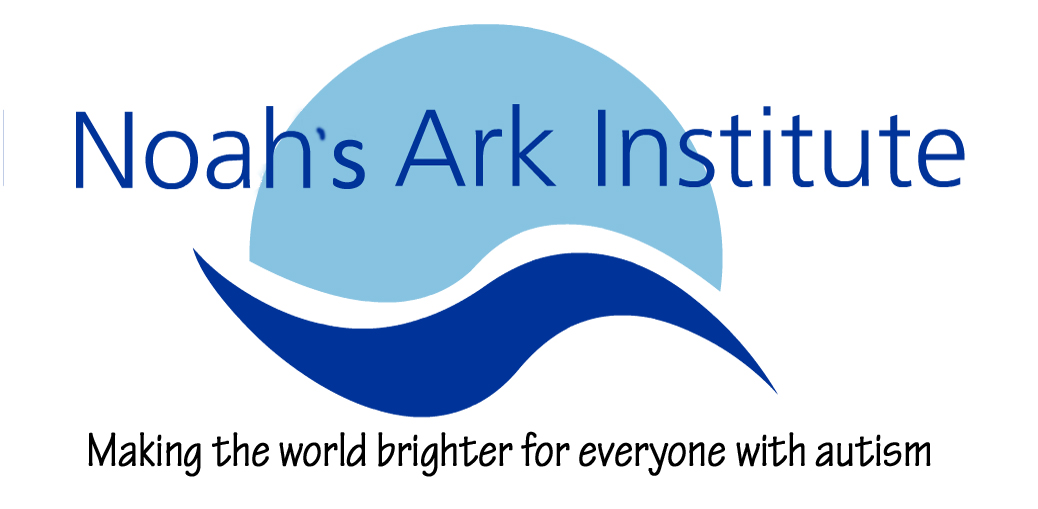Early Signs
Watch for the Red Flags of Autism
(The following red flags may indicate a child is at risk for atypical development, and is in need of an immediate evaluation.) In clinical terms, there are a few “absolute indicators,” often referred to as “red flags,” that indicate that a child should be evaluated. For a parent, these are the “red flags” that your child should be screened to ensure that he/she is on the right developmental path. If your baby shows any of these signs, please ask your pediatrician or family practitioner for an immediate evaluation:
- No big smiles or other warm, joyful expressions by six months or thereafter
- No back-and-forth sharing of sounds, smiles, or other facial expressions by nine months or thereafter
- No babbling by 12 months
- No back-and-forth gestures, such as pointing, showing, reaching, or waving by 12 months
- No words by 16 months
- No two-word meaningful phrases (without imitating or repeating) by 24 months
- Any loss of speech or babbling or social skills at any age
*This information has been provided by First Signs, Inc. ©2001-2005. For more information about recognizing the early signs of developmental and behavioral disorders, please visit http://www.firstsigns.org or the Centers for Disease Control at www.cdc.gov/actearly.
Early Screening Project PDQ-1
Among the most important steps a family can take with autism is early identification. We have created an easy to use early screener. The PDQ-1 Psychological Developmental Questionnaire -1. This tool is extremely useful to help a family take the vital first step toward a definitive diagnosis.
Research has well documented the importance to long term outcomes with the early identification and early treatment programs specifically designed for children with autism.
The PDQ-1 is a scientifically standardized tool which takes less than five minutes to complete and is a useful tool for all global communities.
We are currently working to translate this document into as many languages a practical for widespread use.

